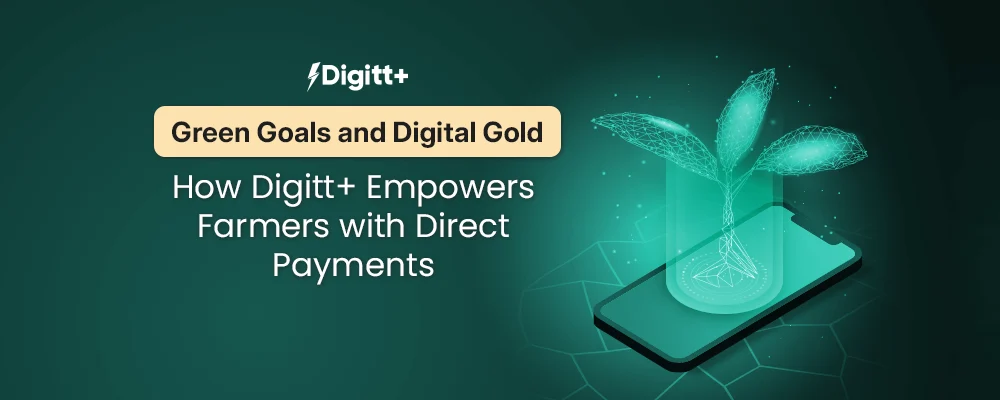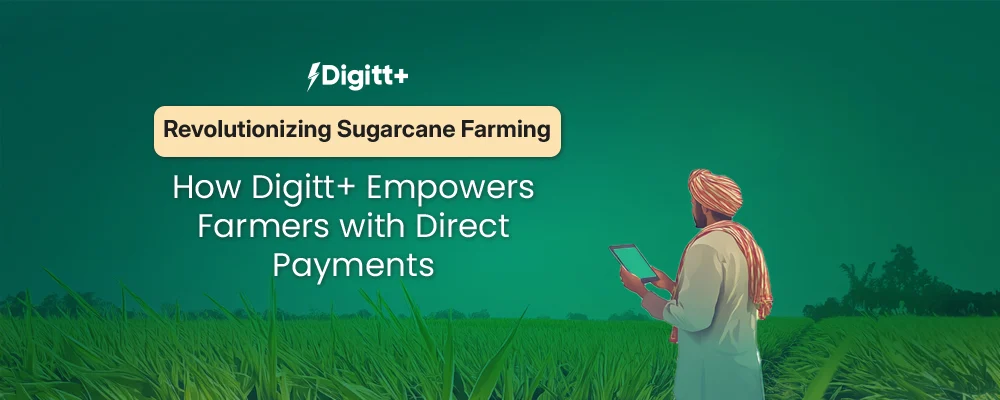The world of financial services is undergoing a seismic shift, and at the heart of this transformation lies open banking. But what exactly is open banking, and why is it making such waves in the fintech industry? At its core, open banking enables financial institutions to securely share customer data (with consent) with third-party service providers through APIs. This simple-sounding concept is reshaping how we interact with money, paving the way for more personalized, efficient, and innovative financial solutions.
Breaking Down the Barriers in Finance
Traditionally, banks acted as gatekeepers of financial data. This meant that accessing your own financial information across institutions was cumbersome and often restrictive. Open banking flips this model by empowering customers to securely share their data with authorized third parties. This openness levels the playing field, allowing smaller fintechs to compete with traditional banks by offering tailored services without the need for costly infrastructure.
Fintech’s Leap Forward
For the fintech industry, open banking is a game changer. Here’s how:
1. Enhanced Personalization:
With access to real-time data, fintech apps can analyze spending habits, income patterns, and savings behaviors. This allows for hyper-personalized solutions, such as budgeting tools that adapt to your lifestyle or investment platforms tailored to your risk appetite.
2. Streamlined Payments:
Open banking APIs enable seamless and secure payments directly from bank accounts, bypassing traditional card networks. This not only reduces transaction costs but also offers faster processing times.
3. Improved Financial Inclusion:
By leveraging open banking data, fintechs can create credit scoring models that include non-traditional metrics, such as utility payments. This provides access to financial products for individuals who previously struggled to qualify under conventional systems.
4. Increased Competition and Innovation:
Open banking fosters a collaborative ecosystem where banks, fintechs, and tech companies join forces to create solutions. This competition drives innovation, benefiting customers with better services and lower costs.
Challenges on the Path to Open Banking
While the benefits are significant, the journey isn’t without hurdles. Data security remains a top concern, as customers need to trust that their financial information is safe. Moreover, ensuring compliance with regulations and creating seamless user experiences requires robust infrastructure and collaboration between all players in the financial ecosystem.
What is Digitt+ Doing in Open Banking?
At Digitt+, we recognize the transformative power of open banking and are actively embracing its potential. By leveraging secure data-sharing protocols, we aim to offer our customers tailored financial solutions that fit their unique needs. From enabling smooth payment experiences to building smarter budgeting tools, we’re committed to making financial services more accessible, transparent, and innovative. With open banking at our core, we’re not just keeping up with change—we’re driving it.




